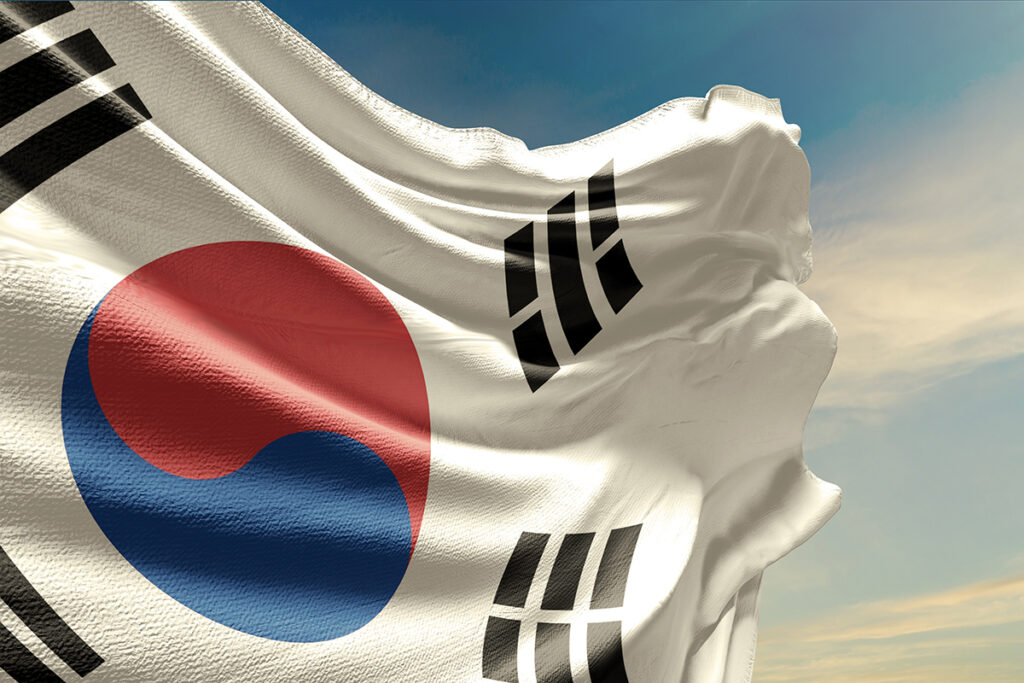South Korea is experiencing a profound political upheaval as Acting President Han Duck-soo’s impeachment by the National Assembly intensifies the turmoil caused by President Yoon Suk Yeol’s earlier removal. This unprecedented dual impeachment has shaken the nation’s political stability, global reputation, and economic outlook.
Han Duck-soo’s Removal Sparks Intense Debate
Acting President Han Duck-soo was impeached by the opposition-led National Assembly on Friday, temporarily suspending his powers pending a decision by the Constitutional Court. The impeachment motion garnered 192 votes, with lawmakers from the ruling People Power Party (PPP) boycotting the session in protest, branding the move “illegitimate.”
National Assembly Speaker Woo Won Shik confirmed that a simple majority sufficed to impeach Han, prompting fierce objections from the PPP. Despite the tensions, the assembly avoided any physical altercations.
In a brief statement, Han expressed disappointment but respected the legislative process. “I trust the Constitutional Court will act decisively and justly,” he said, urging citizens to remain calm as the crisis unfolds.
Leadership Shift and Security Measures
Following Han’s suspension, Deputy Prime Minister and Finance Minister Choi Sang-mok assumed interim leadership. His first directive was to bolster military readiness, emphasizing the need to deter potential provocations from North Korea. Choi also sought to reassure key allies, including the United States and Japan, of South Korea’s commitment to regional stability.
Choi’s actions underscore the nation’s precarious situation, as maintaining security becomes a priority amidst the growing political disarray.
Origins of the Political Turmoil
The roots of the crisis trace back to President Yoon Suk Yeol’s controversial martial law declaration on December 3, which lasted just six hours. Yoon justified the measure as a necessary response to what he called “obstructionist tactics” by the Democratic Party. However, the move sparked widespread public anger and resulted in his impeachment.
Han’s tenure as acting president soon became contentious when he blocked the opposition’s attempt to appoint three justices to the Constitutional Court. These appointments are critical to deciding Yoon’s impeachment, which requires a two-thirds majority of the nine-member bench. Han’s insistence on bipartisan approval led to his impeachment by the opposition.
Ongoing Investigations and Allegations
Authorities continue to investigate allegations surrounding Yoon’s martial law decree, including accusations of rebellion and abuse of power. Several military and police officials have been arrested, although Yoon himself has evaded direct questioning so far.
Prosecutors recently indicted former Defense Minister Kim Yong Hyun for his alleged involvement in the martial law plan. Meanwhile, Han faces charges of obstructing the Constitutional Court and delaying critical investigations.
International Reactions and Future Decisions
South Korea’s political instability has alarmed international partners and shaken investor confidence. The Constitutional Court now holds the key to resolving the crisis by ruling on the impeachments of both Yoon and Han. These decisions are likely to shape the country’s political trajectory for years to come.
The stakes are high, with South Korea’s democratic institutions undergoing their most severe test in decades. “I will do everything in my power to prevent further instability,” Han stated, underscoring the gravity of the situation.
As the nation waits for the Constitutional Court’s verdict, the crisis highlights the urgent need for unity and resolution during one of the most turbulent periods in South Korea’s history.


